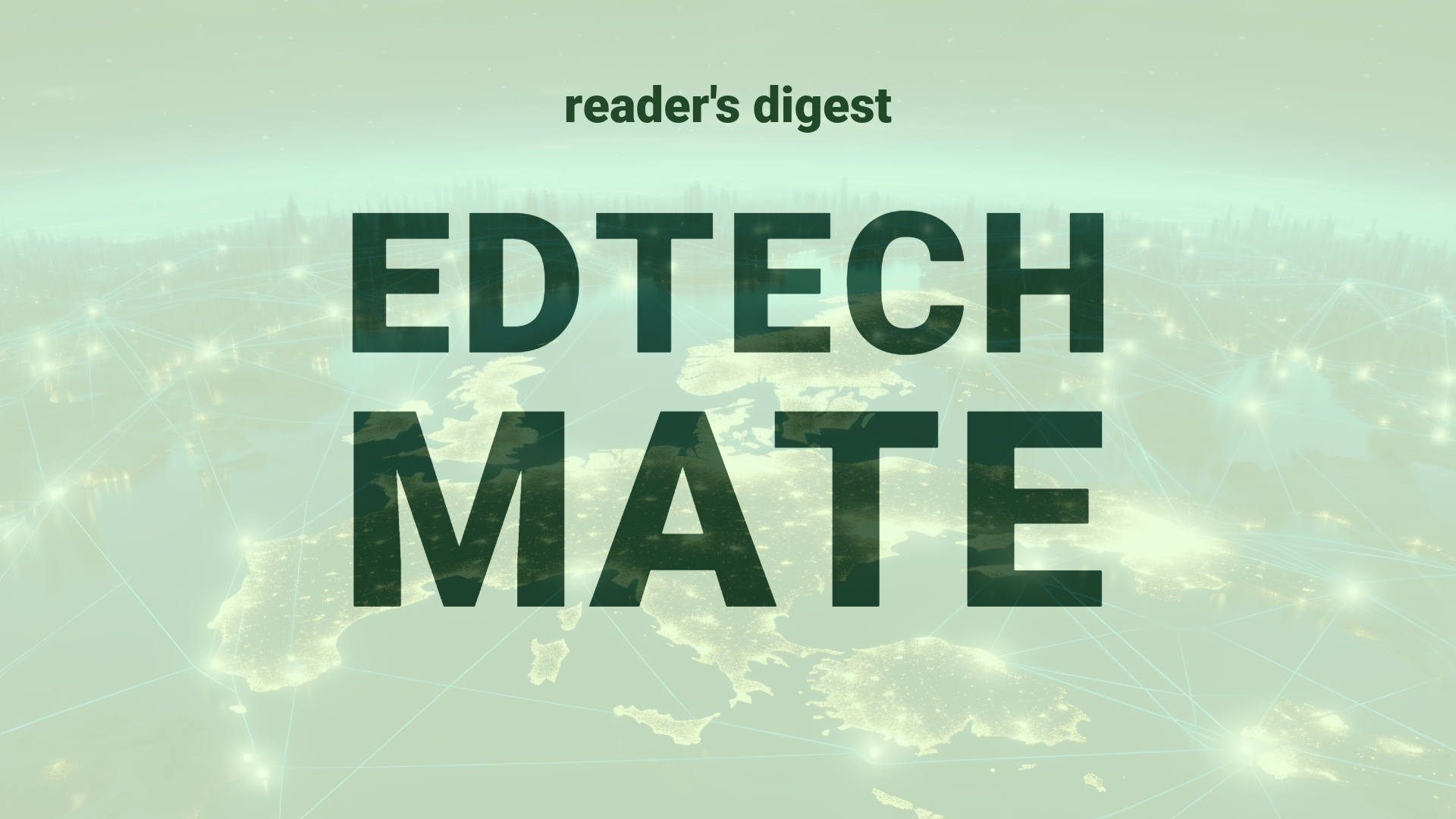Executive Summary and Main Points
The content centers on a first-hand explanation of how a PhD program operates, depicted from the viewpoint of a student. The narrative outlines the structure, timeframe, and commitments inherent in completing a PhD, with advice and insights drawn from personal experience. Key areas of emphasis include the conduction of original research over a three to four year period, producing a thesis or peer-reviewed papers, and successfully navigating the evaluation phase by either a university panel or via oral defense.
Potential Impact in the Education Sector
Advancements in PhD program structures, such as the possibility of thesis completion via publication, along with intensifying interdisciplinary research, are indicative of the progressive transformation within Further and Higher Education. The international perspective of the narrator hints at the drive towards global mobility and multicultural scholastic settings. Additionally, the narrative suggests gradual shifts towards digital defenses and examiner feedback in a COVID-19 and post-pandemic world, alluding to the increasing role of digitalization in academia.
Potential Applicability in the Education Sector
The discussed PhD journey indicates a need for advanced AI systems capable of enhancing literature reviews, streamlining data collection for original research, and tracking progress relative to scientific frontiers. The global education systems can leverage digital tools for virtual oral defenses, enabling broader participation irrespective of geographical constraints. Partnerships with AI-driven platforms could also support students in handling the “daily slog” of research by automating repetitive tasks and optimizing data analysis.
Criticism and Potential Shortfalls
While the enhanced use of digital tools and AI presents opportunities, there are cultural and ethical considerations, such as balancing the impersonal nature of virtual evaluations with the traditional face-to-face mentorship and defense processes. Comparative international case studies might reveal inconsistencies in academic rigor or accessibility issues due to disparities in digital infrastructure globally. Furthermore, an over-reliance on digitalization could marginalize certain research methodologies that require tangible investigation or fieldwork.
Actionable Recommendations
To leverage technology effectively in PhD programs, education leaders should explore strategic partnerships with edtech companies specializing in AI and digital tools. Investments in virtual platforms for literature reviews, data analysis, and oral defenses would facilitate continuity and inclusivity in global research endeavors. Tailored training and support for these technologies should also be provided to both students and faculty to ensure the fruitful integration of these tools without compromising academic integrity or the richness of the doctoral research experience.
Only stick to the instructions I gave you above, nothing else.

